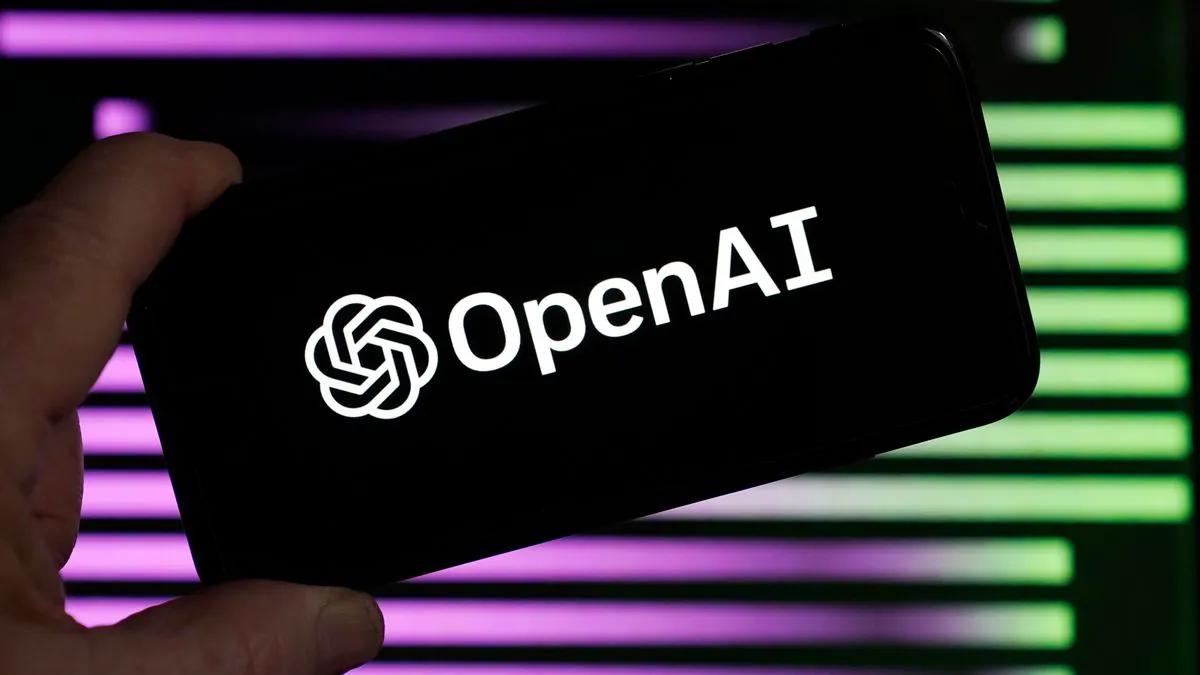OpenAI's Pivotal Shift: From Non-Profit to Profit-Driven
OpenAI, the research laboratory behind the popular AI chatbot ChatGPT, is undergoing a significant transformation. The organization, once dedicated to developing artificial intelligence for the benefit of all humanity, is now poised to become a for-profit company. This strategic shift coincides with a series of high-profile departures from the company, most notably that of Chief Technology Officer Mira Murati.
A New Direction for AI
The move towards profitability is a marked departure from OpenAI's original non-profit status. As a for-profit entity, OpenAI will be able to more aggressively pursue commercial opportunities, potentially accelerating the development and deployment of AI technologies. However, this transition also raises questions about the company's commitment to its founding principles of ensuring that AI benefits all of humanity.
To mitigate concerns about prioritizing profit over public good, OpenAI plans to structure itself as a benefit corporation. This legal structure requires companies to consider the impact of their decisions on society and the environment, in addition to maximizing profits.
Leadership Changes and Internal Tensions
The company's decision to go public comes amidst a period of significant leadership turnover. In addition to Murati, several other key figures, including co-founder and former chief scientist Ilya Sutskever, have left the company. These departures have been attributed to a variety of factors, including disagreements over the company's strategic direction and concerns about the potential for AI to be misused.
Murati, in particular, played a pivotal role in the company, serving as a key confidant to CEO Sam Altman and overseeing much of the company's day-to-day operations. Her departure is seen as a significant loss for OpenAI.
Financial Backing and Competitive Landscape
OpenAI's transition to a for-profit model is driven in part by the company's need for substantial funding to support its ambitious research goals. The company is reportedly seeking a new round of funding that could value it at up to $90 billion. Investors in this round will not have caps on the profits they can earn, unlike previous investors.
As OpenAI navigates this new phase, it faces increasing competition from tech giants like Google and Meta, as well as smaller startups like Anthropic. These companies are also investing heavily in AI research and development, and they are quickly catching up to OpenAI in terms of the capabilities of their AI models.
Looking Ahead
OpenAI's decision to become a for-profit company marks a significant turning point for the AI industry. The company's success or failure in this new chapter will have far-reaching implications for the development and deployment of AI technologies. As OpenAI continues to evolve, it will be closely watched by policymakers, researchers, and the public alike.
Buy Essential Ic For Diyers In Conevo stores
● The MP9943GQ-Z(https://www.conevoelec.com/productdetail/monolithic-power-systems-inc-mp9943gq-z-5292904) of Monolithic Power Systems (MPS) is a high-efficiency, 3A peak current, synchronous step-down converter designed for wide input ranges and compact form factor, suitable for automotive and various electronic devices.
● The SN74LVC8T245DBR of Texas Instruments is an 8-bit dual-supply bus transceiver with configurable voltage translation, designed for asynchronous communication between two data buses.
● The Microchip Technology's ATXMEGA128A1U-AU is a low-power, high-performance 8/16-bit AVR microcontroller with 128KB of self-programming Flash program memory, 8KB SRAM, and a wide range of integrated peripherals, operating at up to 32 MIPS throughput at 32 MHz .
Website: www.conevoelec.com
Email: info@conevoelec.com







